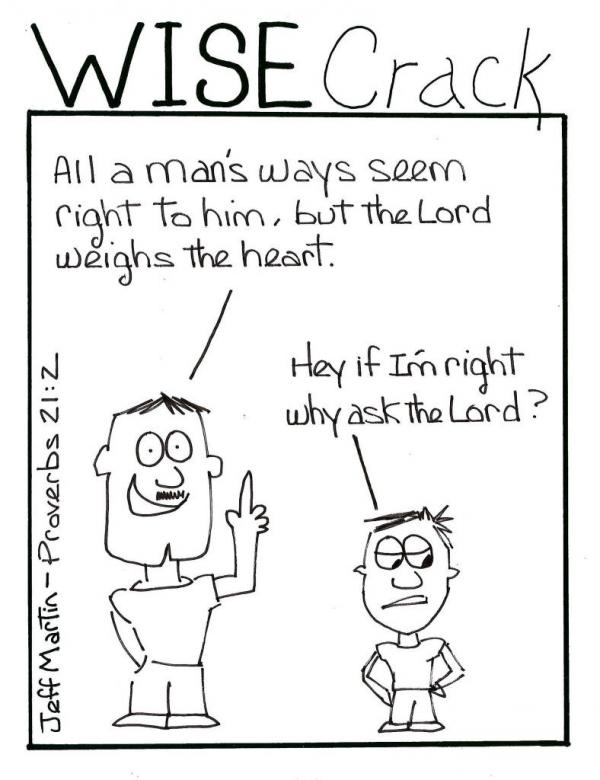Some Scriptures have depressed me. Consider one.
Jesus answered them, 'I told you, and you don't believe. The works that I do in my Father's name, these testify about me. But you don't believe, because you are not of my sheep, as I told you. My sheep hear my voice, and I know them, and they follow me.'John 10:25-27 (WEB)
You may say I should not be depressed because I am a sheep that hears God’s voice. I am not depressed that I hear God’s voice. I am very thankful that he has called me to follow him. I was depressed because Jesus told the Jews, his chosen people, that they were not his sheep. How can they be his chosen people and yet not his sheep? And if the Jews are his chosen people and yet are rejected what hope can there be for a wayward sinner like me? It can only be a matter of time before I am rejected as well. What ignorance or hypocrisy in me veils the wisdom and beauty of Jesus’ words from my understanding?
The words of Hosea provide a curious hope.
Yet the number of the children of Israel will be as the sand of the sea, which can't be measured or counted; and it will come to pass that, in the place where it was said to them, 'You are not my people,' they will be called 'sons of the living God.'Hosea 1:10 (WEB)
A close study of this verse offers more out of control optimism for mankind through God’s grace. God says, 'you are not my people,' and later in the same place they will be called, 'sons of the living God.' God is not saying he removes those who are not his to replace them with those who are his. Rather God transforms those who are not his into those who are his. And the transformation is so radical that those who are not his people must be called not his people until they are transformed into his people.
Paul also understood the radical transformation required by the gospel and so quoted Hosea 1:10 in Romans 9:26. Paul also quotes Hosea 2:23 in Romans 9:25 at the heart of the gospel of grace. "I will sow her to me in the earth; and I will have mercy on her who had not obtained mercy; and I will tell those who were not my people, 'You are my people;' and they will say, 'My God!'" (Hosea 2:23 WEB).
Wait a minute! If God calls unbelievers 'not his people' doesn’t that mean they never were and never will be his people? Yes they never were and never will be his people... apart from the miraculous transformation possible only through the Spirit of God. Here is great reason for out of control optimism because this is God’s very specialty, the transformation of sinful men through his amazing grace.
Thus when Jesus tells the Jews that they do not believe because they are not his sheep this does not rule out their becoming sheep through God’s grace as Romans 11 promises. Jesus’ and Hosea’s harsh words to the unbelieving Jews, that they are 'not God’s people,' are best understood as the only sane answer to the insanity of their unbelief. Solomon said, "Don't answer a fool according to his folly, lest you also be like him. Answer a fool according to his folly, lest he be wise in his own eyes" (Proverbs 26:4-5 WEB). And so in John 10:25-27 Jesus answers the foolishness of the unbelieving Jews according to their folly.
Yet these observations beg a question. If answering unbelievers according to their folly is an essential component of the gospel ministry do ratiocinative systems like Calvinism or Arminianism capture this dynamic? Now I am NOT saying that the truth is dynamic or irrational, but instead that Jesus dynamically answers belief according to wisdom and unbelief according to folly. Jesus encourages believers with unchanging rational truth, "All we like sheep have gone astray. Everyone has turned to his own way; and Yahweh has laid on him the iniquity of us all" (Isaiah 53:6 WEB). Yet Jesus also answers the folly of the unbeliever’s insanity thus, "you are not of my sheep" (John 10:26 WEB).
Unfortunately ratiocinative systems miss the need to answer a fool according to his folly like Jesus does. Because these systems speak the same wisdom to the wise and the foolish, many wise have become foolish in God’s eyes and many foolish have become wise in their own eyes. Better instead to ask God for wisdom in speaking to believers with encouragement and to unbelievers according to their folly. Though of course, if we ourselves listened to the folly spoken to the foolish we would no longer be wise!
In summary, if we, like Jesus, speak to unbelievers according to their folly, we would be wise. But if we speak to unbelievers according to their wisdom, we would be foolish. And further if I have unbelievingly spoken to unbelievers according to their folly, God remains wise, but I have spoken foolishly. And if I have unbelievingly spoken to believers according to their wisdom, God again remains wise, but I still have spoken foolishly. But now I speak to believers according to your wisdom and confess that God is the all wise savior of all humanity while I have been foolish. And I also speak to unbelievers according to your folly and say that Christ is not your savior because of your inhumanity without Christ.
If anyone understands what I am talking about lets grab lunch sometime!












